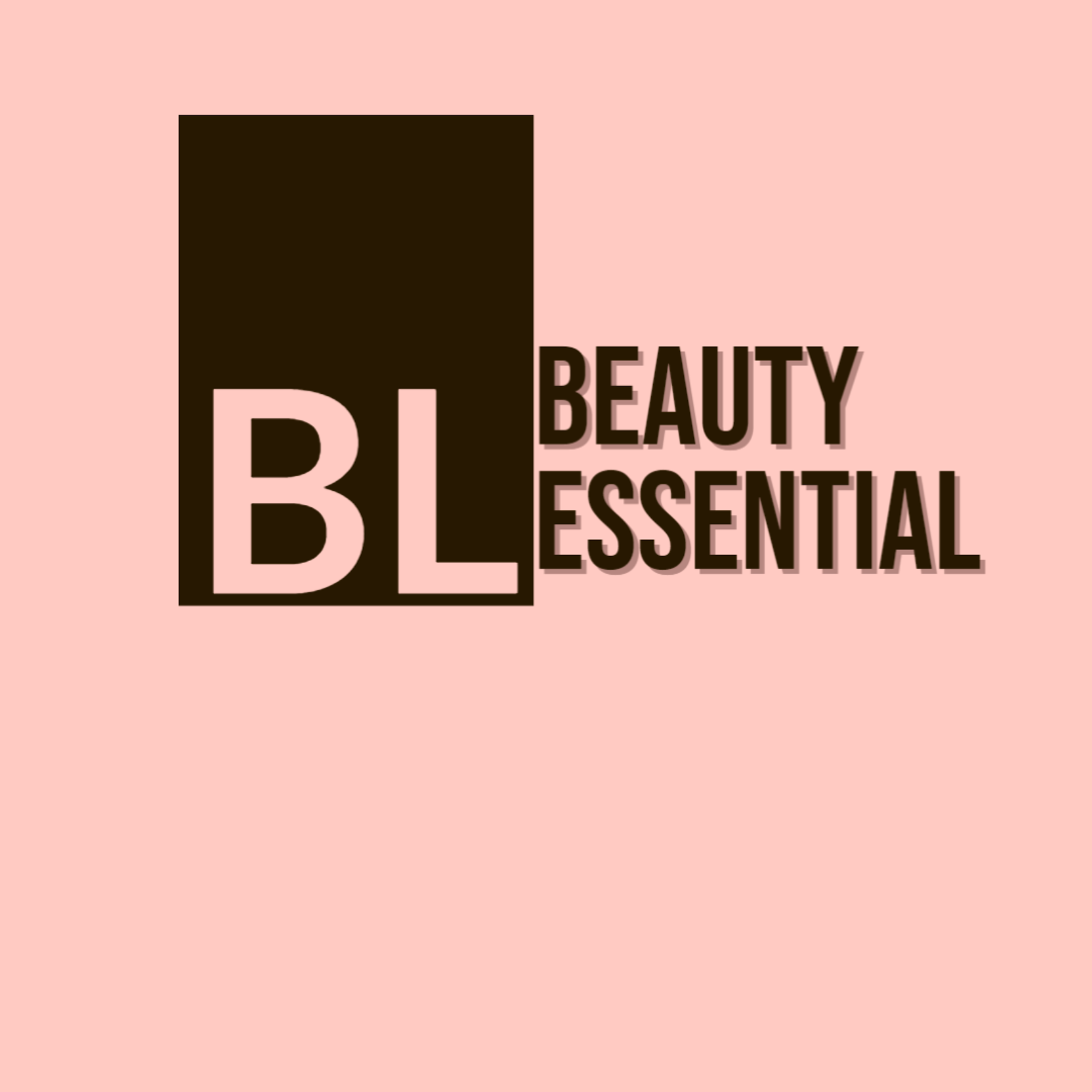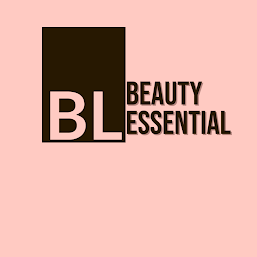Battling Acne: Unmasking the Truth Behind Breakouts
Introduction Acne, a common skin condition affecting millions of people worldwide, can be both physically and emotionally distressing. It often emerges during adolescence but can persist well into adulthood, leaving individuals searching for effective remedies and solutions. This blog aims to shed light on the causes, types, and treatments for acne, empowering readers with knowledge to tackle this stubborn skin issue head-on.
I. Understanding Acne: Causes and Types A. Factors contributing to acne development
- Hormonal fluctuations: Influence of androgens
- Increased sebum production
- Clogged hair follicles and dead skin cells B. Different types of acne
- Comedones (blackheads and whiteheads)
- Papules and pustules
- Nodules and cysts
II. Debunking Acne Myths A. Myth: Poor hygiene causes acne
- Explanation: Acne is not caused by dirt or inadequate cleaning practices B. Myth: Chocolate and greasy foods trigger acne
- Explanation: Limited evidence supporting a direct link between diet and acne C. Myth: Sun exposure clears acne
- Explanation: Sun exposure may temporarily improve acne but can lead to long-term skin damage
III. Effective Acne Treatments A. Over-the-counter (OTC) treatments
- Benzoyl peroxide: Kills acne-causing bacteria and reduces inflammation
- Salicylic acid: Unclogs pores and promotes skin exfoliation
- Topical retinoids: Normalize skin cell turnover and reduce inflammation B. Prescription medications
- Oral antibiotics: Control bacterial growth and inflammation
- Hormonal treatments: Regulate hormonal imbalances in females
- Isotretinoin (Accutane): A potent medication for severe acne C. Dermatological procedures
- Chemical peels: Exfoliate the skin and reduce acne scars
- Microdermabrasion: Gentle exfoliation to unclog pores and smoothen the skin
- Laser and light therapies: Target bacteria and reduce inflammation
IV. Preventive Measures and Skincare Tips A. Establishing a consistent skincare routine
- Cleansing: Gentle face wash twice a day
- Moisturizing: Non-comedogenic moisturizers to prevent excessive dryness
- Sun protection: Non-comedogenic sunscreen with at least SPF 30 B. Avoiding common acne triggers
- Squeezing or picking at pimples
- Excessive scrubbing or harsh exfoliation
- Using heavy makeup or pore-clogging products C. Lifestyle modifications for healthier skin
- Balanced diet: Emphasize whole foods and limit sugary and processed items
- Stress management: Incorporate relaxation techniques and exercise
- Regular sleep schedule: Aim for 7-9 hours of quality sleep per night
- Kate Somerville EradiKate Acne Treatment
- Kate Somerville EradiKate Salicylic Acid Acne Treatment -
- Murad Rapid Relief Acne Spot Treatment
- Paula's Choice--SKIN PERFECTING
- End-zit Acne Control Drying Lotion
- Neutrogena Oil-Free Acne Stress Control Power-
- ZO Skin Health Oil Control Pads Acne Treatment,
- Brickell Men's Acne Controlling System for Men
- CeraVe Acne Treatment Bundle
Conclusion Acne can be a persistent and frustrating skin condition, but armed with the right knowledge, individuals can effectively manage and treat it. Understanding the causes and types of acne allows for targeted treatments, whether over-the-counter or prescription-based. Debunking common myths helps individuals separate fact from fiction, while following a consistent skincare routine and adopting preventive measures can help keep breakouts at bay. It's essential to remember that each







0 Comments